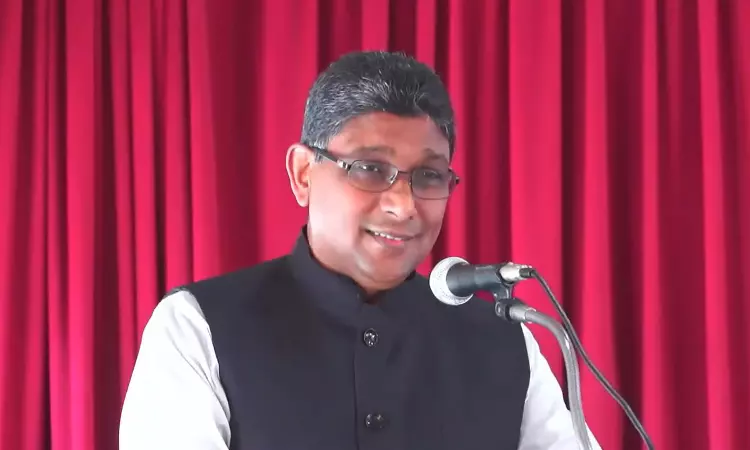Important To Debate Questions On Basic Structure Doctrine : Justice Jayasankaran Nambiar
Sheryl Sebastian
13 March 2023 6:15 PM IST

Next Story
13 March 2023 6:15 PM IST
Kerala High Court judge Justice A. K. Jayasankaran Nambiar while delivering the presidential address for the lecture organised by the Ernakulam Govt Law College Old Students and Teachers Association at Kochi on Saturday on the 'Basic Structure Of the Indian Constitution & its Present Day Challenges' spoke on the dynamic nature of the Indian Constitution and how in a vibrant democracy...
